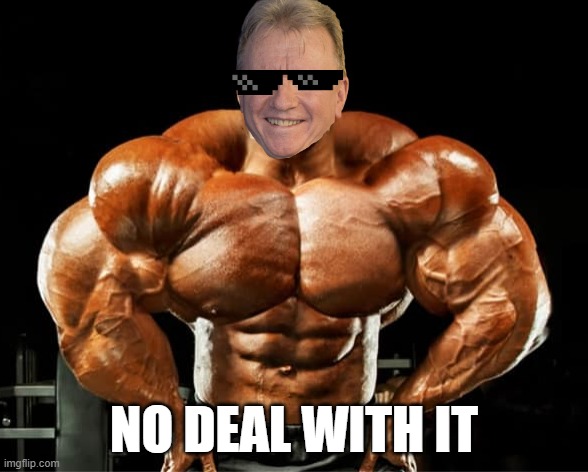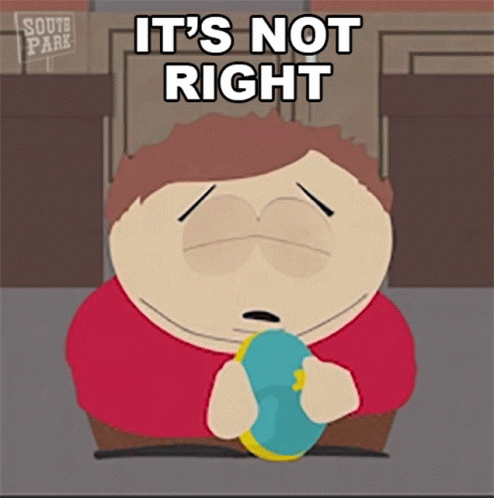FTC is about protecting markets. The only controverisial part about what they are doing now is that they are trying to also protect emerging and poorly defined markets as well. There are plenty of places where the FTC could have stepped in and stopped companies like Facebook from acquiring every potential competitor. They are literally trying to predict the future with past data.
Based on that definition, I thought they made their case well in the summary I read. Microsoft has a documented history of abusing their position. Microsoft bought another large publisher. Microsoft did the thing they are saying they will not do already with the other publisher. Therefore, they are likely to do the same thing with this deal no matter what they say.
That whole FTC is here to prevent monopolies only is a myth. There are cases they cite themselves in some of their guidance where they have sued successfully to block acquisitions where the combined market share of the combined company was less than 30%. It's all about the force multiplier of the acquisition more than the actual market share. Especially in these emerging markets.
The past data doesn't really work in their favour, which is part of their issue. Existing Bethesda games remain multiplatform, with newly funded and developed titles being exclusive - which of course they are. Previous purchases like Minecraft remain multiplatform, because the purpose of that purchase wasn't exclusivity. Microsoft literally signed a deal with Nintendo to bring COD to a whole new platform and offered Sony ten years of continued access. If
ten years of legally binding access isn't enough, then what is? The idea that Microsoft are crossing their fingers behind their back when making pinky promises doesn't really work when we're talking legally binding agreements. Could Microsoft buy out those agreements? Sure - but then Sony and/or Nintendo would be paid the agreed amount to break those agreements, which is still a win for both of those companies. The claim that Microsoft will cut off access to Activision's content the day it closes and re-neg on its agreements doesn't track with Microsoft's history, especially under Nadella. They didn't pull Ghost Wire or Death Loop from being timed Sony exclusives - why would they re-neg on ten years of Sony and Nintendo paying them royalties?
The "force multiplier" doesn't really add up, either. The "emerging market" of streaming games is littered with the corpses of companies who tried and failed without Microsoft lifting a finger. On Live, Gaiki - who were purchased by Sony, Stadia. Those companies failed entirely on their own - in Stadia's case, basically from day one - because streaming games is a niche market. Geforce Now and PS Now are doing fine relatively, and neither of them have Activision's content anyway. Microsoft buying ABK doesn't really impact that emerging market to a degree demanding government intervention, because the market is still proving itself. It's not the FTC's job to look into a crystal ball and shape markets that don't fully exist yet because the FTC's current head doesn't like the past handling of Facebook, Apple, and Google's rise to prominence. This isn't a social media company buy a newspaper, this is a tech company who makes video games buying a big game to help it compete in one aspect of the market that's been dominated by one company for over twenty years, as well as establish foot holds in others, like Mobile. Microsoft can't use ABK to "force multiply" itself to become the Facebook of video games, video game streaming, or mobile - ABK, even under Micrsoft, simply doesn't have that kind of reach.
















